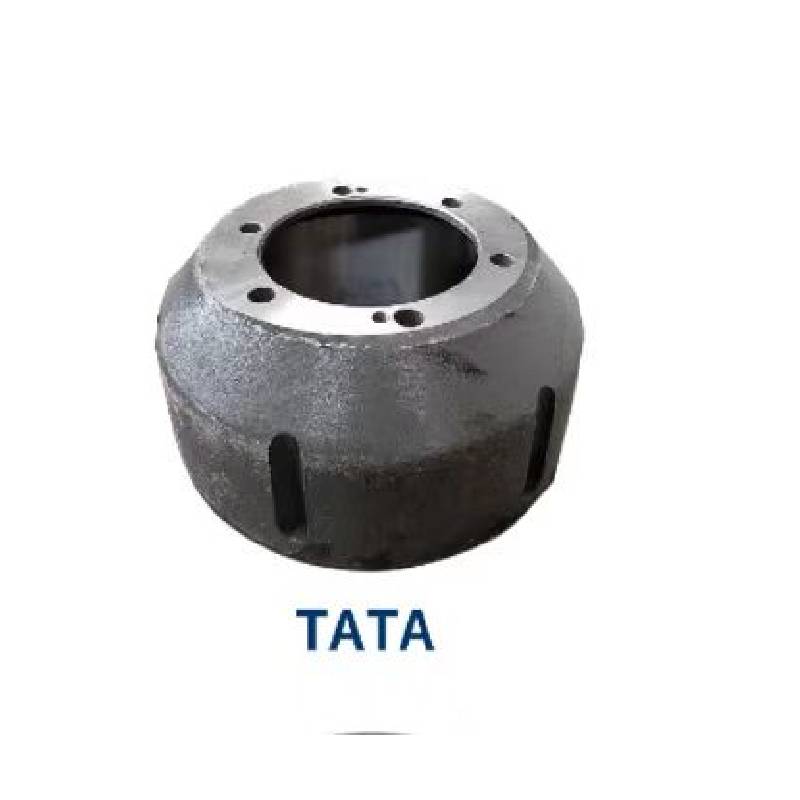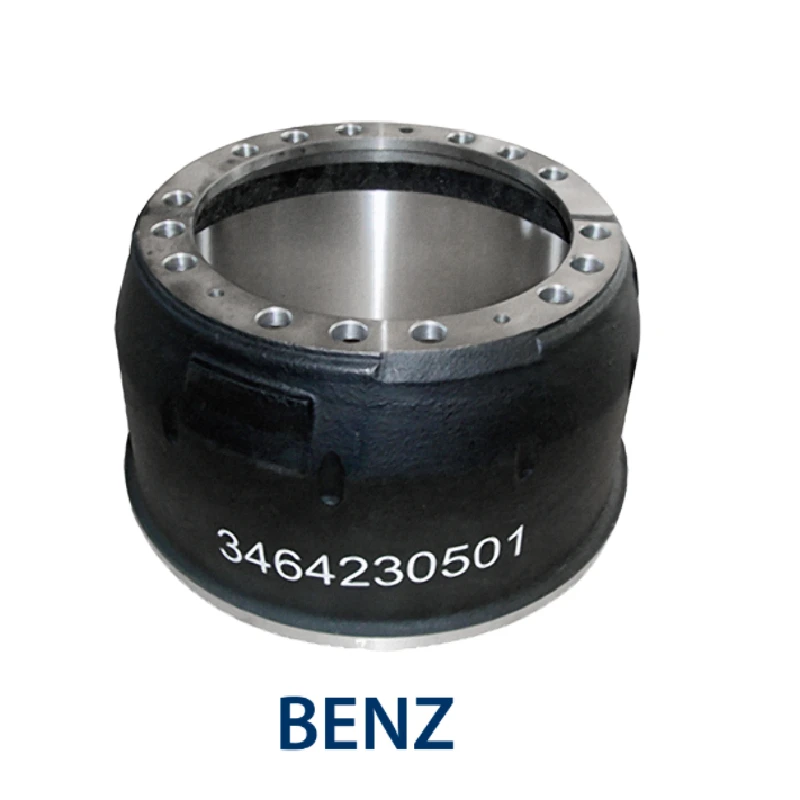2 月 . 19, 2025 06:35 Back to list
car brake drum price
Navigating the market of car brake drum prices reveals a complex landscape that requires thorough understanding, both for the average car owner and the seasoned mechanic. In recent years, the automotive industry has experienced significant technological advancements, yet the brake drum—a stalwart of vehicular safety—remains a critical component. This article delves into the nuances of brake drum pricing while shedding light on essential factors influencing their cost.
Trustworthiness in purchasing brake drums does not solely rely on brand reputation. It is also embedded in consumer reviews, expert testimonials, and certifications. Online platforms such as automotive forums and review sites offer firsthand accounts and professional evaluations that can provide invaluable insights into product performance and longevity. Certifications from automotive standard bodies can also be indicative of a product meeting certain safety and quality criteria. Aside from the more obvious factors influencing price, regional availability and economic variables, such as tariffs and shipping costs, can also affect the cost. Consumers need to consider local market conditions, especially in regions where import taxes may lead to inflated prices. When seeking the best value, it’s essential for car owners to balance cost with quality. Opting for the cheapest option might lead to frequent replacements and potential safety risks. On the other hand, high-end drums ensure reliability and longer lifespan yet necessitate a higher initial investment. Ultimately, understanding car brake drum pricing involves more than comparing numbers. It is about recognizing the expertise in production, evaluating brand authority, and assessing product trustworthiness—all of which are crucial in making a sound purchasing decision. For those invested in their vehicle’s safety and performance, spending time to research and choose wisely is invaluable. A well-informed purchase not only enhances driving safety but also offers peace of mind, knowing that one's investment is safeguarded by quality and service excellence.


Trustworthiness in purchasing brake drums does not solely rely on brand reputation. It is also embedded in consumer reviews, expert testimonials, and certifications. Online platforms such as automotive forums and review sites offer firsthand accounts and professional evaluations that can provide invaluable insights into product performance and longevity. Certifications from automotive standard bodies can also be indicative of a product meeting certain safety and quality criteria. Aside from the more obvious factors influencing price, regional availability and economic variables, such as tariffs and shipping costs, can also affect the cost. Consumers need to consider local market conditions, especially in regions where import taxes may lead to inflated prices. When seeking the best value, it’s essential for car owners to balance cost with quality. Opting for the cheapest option might lead to frequent replacements and potential safety risks. On the other hand, high-end drums ensure reliability and longer lifespan yet necessitate a higher initial investment. Ultimately, understanding car brake drum pricing involves more than comparing numbers. It is about recognizing the expertise in production, evaluating brand authority, and assessing product trustworthiness—all of which are crucial in making a sound purchasing decision. For those invested in their vehicle’s safety and performance, spending time to research and choose wisely is invaluable. A well-informed purchase not only enhances driving safety but also offers peace of mind, knowing that one's investment is safeguarded by quality and service excellence.
Next:
Latest news
-
Brake Drum for Kamaz Trucks Durable OEM Replacement & High Performance
NewsMay.30,2025
-
Brake Drum Man High-Quality Drum Brake & Shoe Solutions
NewsMay.30,2025
-
High-Performance Brake Drum for Kamaz Trucks Durable Drum Brake Components
NewsMay.29,2025
-
Brake Drum Man High-Quality Drum Brake Drums & Brake Shoes
NewsMay.29,2025
-
Brake Drum MAZ High-Performance & Durable Replacement Parts
NewsMay.29,2025
-
heavy truck brake drums
NewsMar.07,2025
